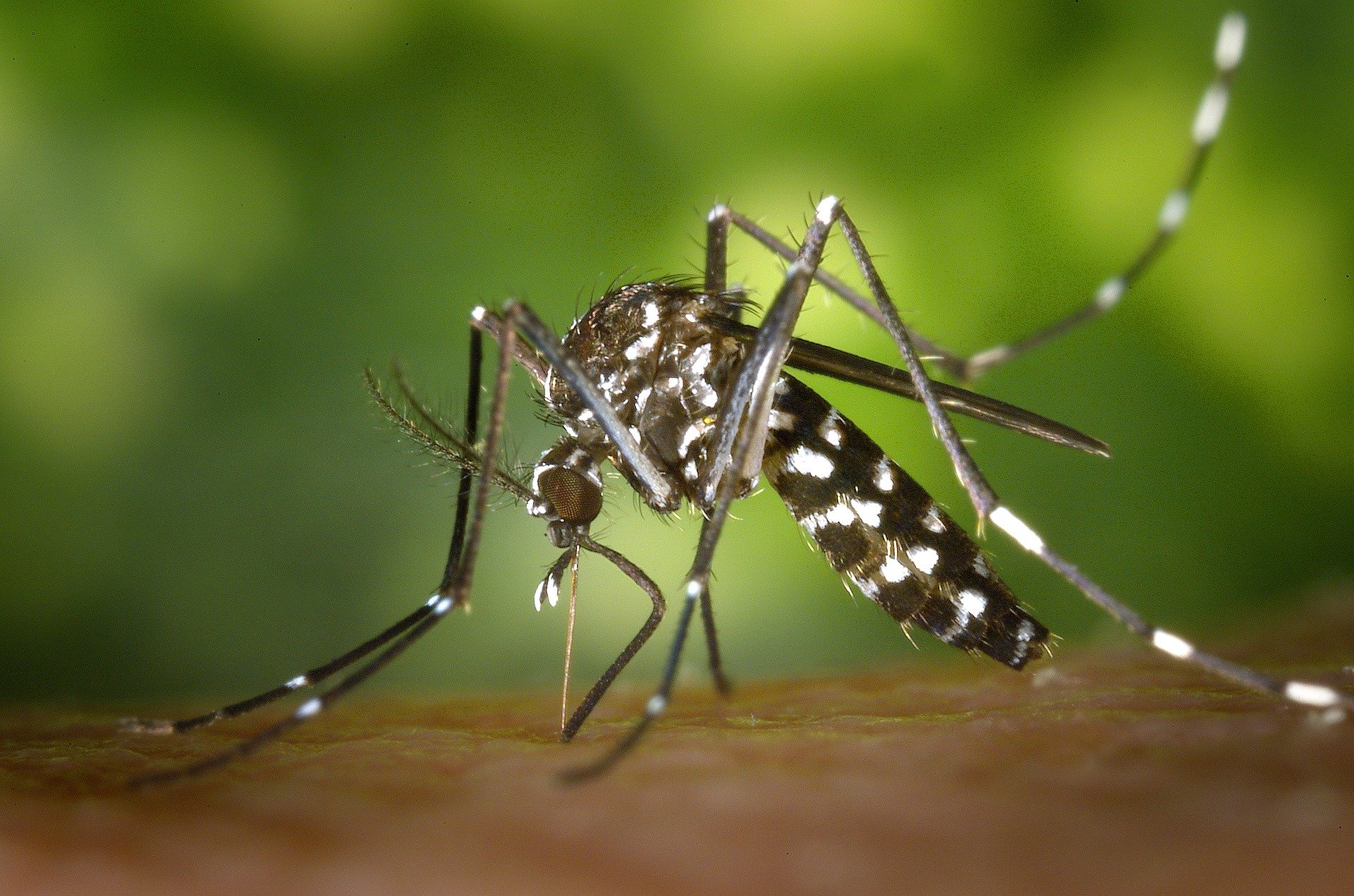A recent study has found that people who consume high-fat diet and use antibiotics are at higher risk for having pre Irritable bowel syndrome (IBS) than those on low-fat diet and no recent history of antibiotic use.
The researchers at UC Davis, the University of California measured fecal calprot 43 healthy adults and 49 adult patients diagnosed with IBS.
Fecal calprotectin is biomarker for intestinal inflammation. Elevated levels of fecal calprotectin indicates a pre-IBD condition.
Researchers found 19 patients with IBS as pre-IBD.
They found that all participants who consumed high-fat diet and used antibiotics were at 8.6 times higher risk for having pre-IBD than those on low-fat diet and no recent history of antibiotic use.
Participants with the highest fat consumption were about 2.8 times more likely to have pre-IBD than those with the lowest fat intake.
A history of recent antibiotic usage alone was associated with 3.9 times higher likelihood of having pre-IBD.
“Our study found that a history of antibiotics in individuals consuming a high-fat diet was associated with the greatest risk for pre-IBD,” said Andreas Bäumler, professor of medical microbiology and immunology and lead author on the study. “Until now, we didn’t appreciate how different environmental risk factors can synergize to drive the disease.”
Researchers found that high-fat diet and antibiotics cooperate to disrupt the work of the cell’s mitochondria, shutting its ability to burn oxygen. This disruption causes reduction in cell’s oxygen consumption and leads to oxygen leakage into the gut.
The body’s beneficial bacteria thrive in environments lacking oxygen such as the large intestine. Higher oxygen levels in the gut promote bacterial imbalances and inflammation. With the disruption in the gut environment, a vicious cycle of replacing the good bacteria with potentially harmful proinflammatory microbes that are more oxygen tolerant begins. This in turn leads to mucosal inflammation linked to pre-IBD conditions.
The study also identified 5-aminosalicylate (mesalazine), a drug that restarts the energy factories in the intestinal lining, as a potential treatment for pre-IBD.
“The best approach to a healthy gut is to get rid of the preferred sustenance of harmful microbes,” Lee said. “Our study emphasized the importance of avoiding high fat food and abuse of antibiotics to avoid gut inflammation.”
What is IBS?
- According to NHS, Irritable bowel syndrome (IBS) is a common condition that affects the digestive system.
- It causes symptoms like stomach cramps, bloating, diarrhoea and constipation. These tend to come and go over time, and can last for days, weeks or months at a time.
- It’s usually a lifelong problem. It can be very frustrating to live with and can have a big impact on your everyday life.
- There’s no cure, but diet changes and medicines can often help control the symptoms.
- The exact cause is unknown – it’s been linked to things like food passing through your gut too quickly or too slowly, oversensitive nerves in your gut, stress and a family history of IBS.










